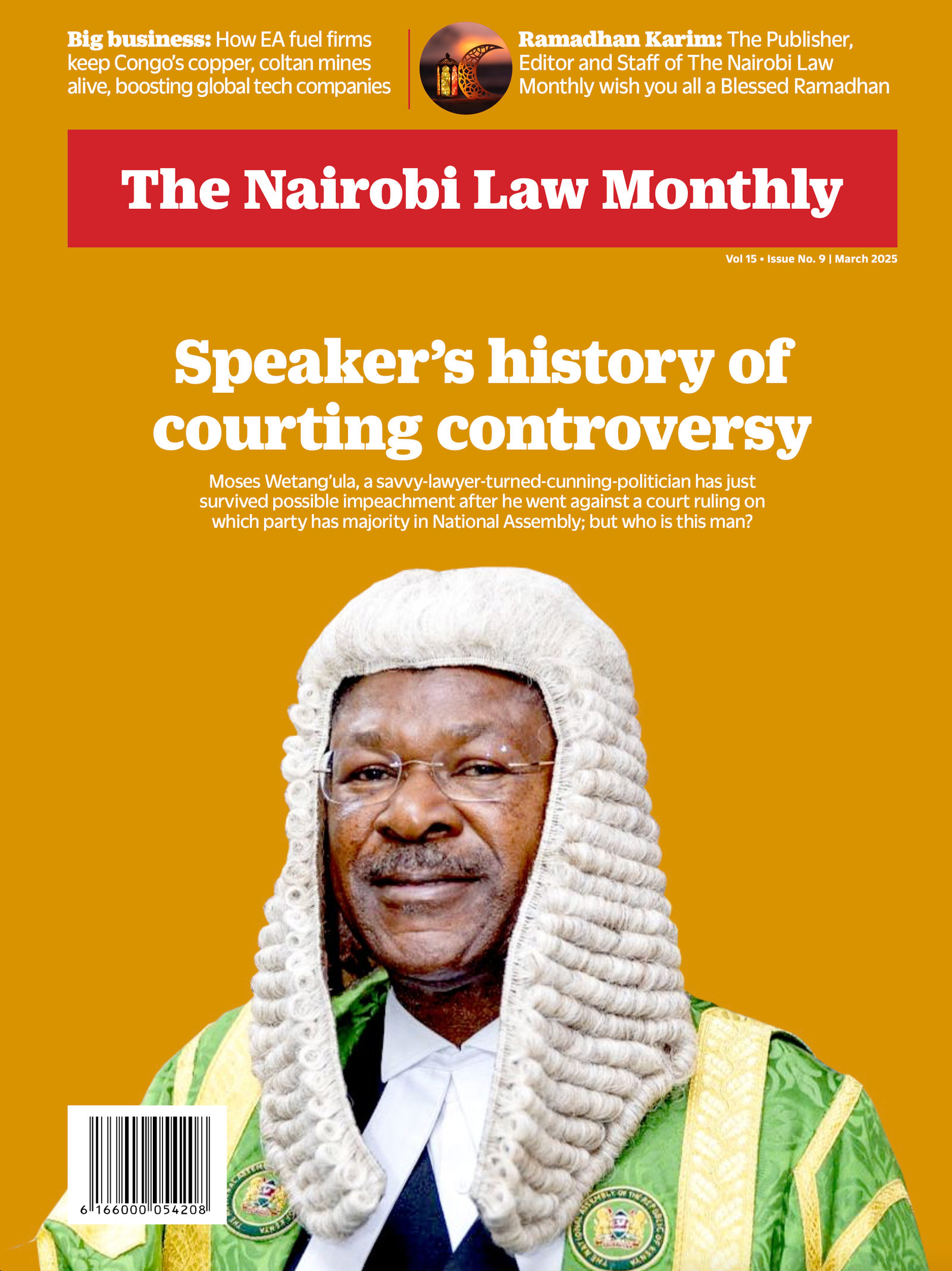By Kelsey Landau and Robin Lewis
The oil, gas, and mining extractive industries have historically been male-dominated at all levels, from leadership roles in major corporations to jobs working in mines and on oil rigs. For example, in the 500 largest mining companies, women make up just five percent of boards of directors. Underrepresentation of women in these industries impedes opportunities for a more equitable, inclusive, and sustainable natural resource governance landscape.
The integration of gender provisions in the forthcoming revised Extractive Industries Transparency Initiative (EITI) Standard reflects a broader recognition in the global community of the linkages between gender equality and economic, environmental, and social sustainability.
Resource extraction is a key revenue stream for many countries around the world. As of 2013, 94 countries were economically dependent on commodities such as copper, oil, and gas, compared to 58 in 1995. When governed well, natural resources can contribute to economic growth and development. However, research has demonstrated that the benefits of extraction, including opportunities for employment and income, flow disproportionately to men.
In contrast, women are more likely to bear the harms of extractive industries without reaping the benefits. For example, women disproportionately endure extraction-related involuntary resettlement, environmental damage, and food insecurity because they are more likely to be responsible for subsistence farming and often serve as primary caretakers within their families and communities.
Women are also less likely to be employed within extractive industries. A 2009 World Bank report estimates that companies in extractive industries rarely employ women at a rate higher than ten percent, and many at less than five percent. Because women’s economic participation is an important ingredient for economic growth and development, these disproportionate employment numbers affect not only women’s livelihoods, but also the well-being of their communities.
The business case for promoting gender equality and inclusivity in the labour force, including within extractive industries, is strong. Research demonstrates that more women participating in the labour force can drive productivity and innovation, enhance company engagement with local communities, and ultimately raise profits.
A survey of the top 500 globally listed mining companies finds that of these companies, “The 18 mining companies with 25 percent or more of their board comprised of women had an average net profit margin for the 2011 financial year that was 49 percent higher than the average net profit margin for all top 500 mining companies.”
Furthermore, evidence indicates that women and men use money earned from working in extractive industries in different ways, with women being more likely to invest in areas that benefit the community, such as education, nutrition, and health.
Increased recognition of the different challenges women and men face in extractive industries, and of the benefits that flow from gender equality, is helping to move the needle with respect to prioritizing women’s participation and leadership within the sector.
The EITI consists of governments, companies, and civil society organizations, each of which commits to increased transparency in extractive industries, such as the publication of resource-derived revenue and tax payment data, resource extraction contracts, and more.
Multi-stakeholder groups (MSGs) within the EITI oversee implementation of the EITI Standard (the set of obligations to which members commit when they join the initiative). Women are significantly underrepresented within these groups. A 2015 study finds that a majority of the 23 EITI-implementing countries that published sufficient information to assess gender diversity among their MSGs have less than 25 percent participation by women, and several have no women members at all.
The EITI took a step toward rectifying this situation when it adopted gender provisions for its revised EITI Standard. Among these provisions is that every EITI country must now take gender into account when forming MSGs. Of course, while efforts to mitigate gender imbalance are important, representation alone is insufficient if women are not empowered to participate in dialogue and decision making. When fully included in the sector, women can contribute to increased transparency and accountability, as well as greater consideration of vulnerable communities.
The updated Standard also requires the disclosure of disaggregated gender employment data, including by company and occupational level when available. As has been widely observed, disclosure itself does not necessarily lead to better outcomes. Data must be timely, relevant, accessible, and actionable in order to maximize their value to key stakeholders, including members of the public, civil society organizations, and public officials.
In this realm too, women can be at a disadvantage because of their lower literacy rates and other factors that impede access to information. For example, some research demonstrates that women are less likely to know of the EITI’s existence, as well as what mining royalties their communities received and how those royalties were spent. While it remains to be seen what the impact of these newly mandated disaggregated gender employment numbers will be, it is a notable step in the right direction.
Greater representation of women’s voices is vital for advancing sustainable development. While efforts by the EITI and others are important, there remains much work to be done to advance sustainable industries built on a foundation of equality. We are optimistic that, as more women’s voices are represented in decision making and the benefits of women’s inclusion become ever clearer, this work will progress and deepen—both within extractive industries and beyond.


